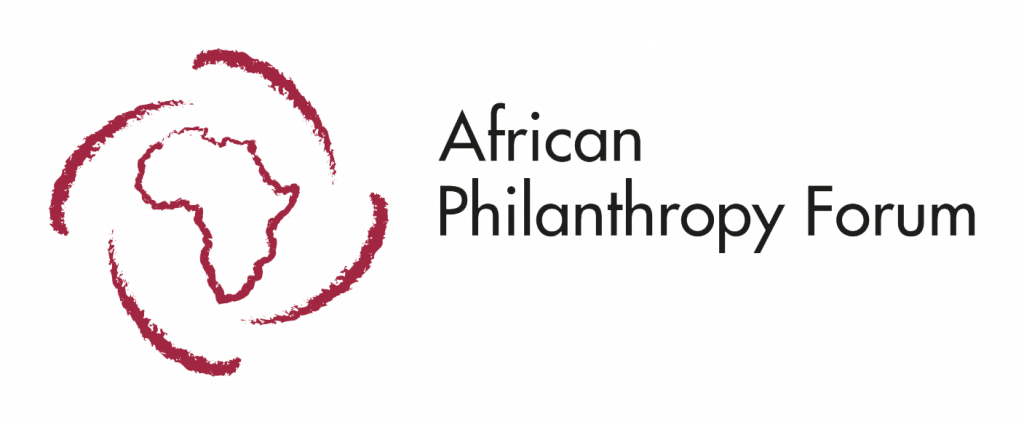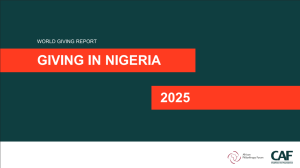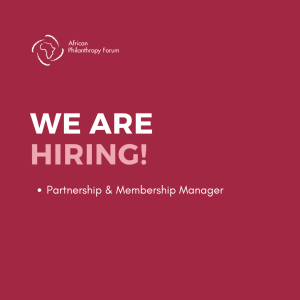As Black Panther broke film history records, it fueled worldwide interest in African resources, technological prowess, and creativity.
My two children, aged 18 and 9 and born and raised in the African diaspora, loved the mythical imagery of Wakanda. They were moved by the deep ties that bind people of African descent. The film re-imagines the story of Africa’s potential and moves beyond one often told of ethnic division, strife, and scarcity. It envisions Africa’s future as one of resource development and technological innovation.
Africa’s greatest resource has always been its people. With 1.2 billion people and nearly 50 percent of the continent under age 15, the continent’s story is still unfolding.
A yet untapped resource are more than 140 million people that make up the African diaspora who have direct ties to the African continent. Undocumented migrants, children, and grandchildren enlarge this number significantly. However, there are no accurate estimates.
Africans in the diaspora embody a wealth of financial, technological, and intellectual resources and can play a critical role in development through the provision of investment capital, entrepreneurial talent, trade, and the transfer of skills and knowledge.
One critical issue is how to engage the diaspora in Africa’s development. What are the strategies and approaches that philanthropists and policymakers can employ to integrate diaspora skills and talents?
First, sending countries can examine a range of incentives to attract migrant remittances toward local savings and investment funds and community development projects. Matching funds have the potential to stimulate migrants’ collective remittances.
Remittances to countries in Sub-Saharan Africa reached an estimated $41 billion in 2018, outstripping foreign direct investment (FDI) or official development assistance (ODA) flows and highlighting the importance of the economic linkages of the African diaspora.
Diaspora remittances to the African continent can impact development outcomes, not only because of their sheer volume but also because they tend to be less volatile than foreign direct investment and portfolio flows.
Second, African philanthropists and leaders can also explore formal means of strengthening origin country ties by providing opportunities for diaspora communities to volunteer their time and contribute their talents to African institutions.
Third, to ensure that philanthropic efforts can be effective – whether they are led by individuals or African diaspora hometown associations, alumni groups, or professional groups – policymakers must create conditions where philanthropy can thrive while removing barriers that hold it back. This includes developing regulatory environments that encourage transparency and allow NGOs to receive donations from the African diaspora without unnecessary restrictions.
Diaspora initiatives are emerging as a powerful force in the education and health sectors. For example, alumni networks based in the US, Canada, and the United Kingdom are raising record sums to fund infrastructure and technology projects in high schools on the continent. Less well known philanthropic investments are yielding mentoring programs and web-enabled volunteering opportunities that unite alumni and students in secondary schools and universities. The Association of Nigerian Physicians Abroad (ANPA) in the United States and Ghanaian Doctors and Dentists (GDDA) based in the United Kingdom (UK) contribute immensely to local health care systems in Nigeria and Ghana, respectively.
It is also vital that African governments and funders involve diaspora associations in planning stages to build strong partnerships between non-government agencies and local governments and to strengthen the legitimacy of these initiatives.
Drawing on the recent research findings from the Global Philanthropic Environment Index, which brings together more than 100 country and regional-level experts in public policy and philanthropy, here are four key insights that policymakers, philanthropists and NGO leaders should consider to maximize the impact of diaspora philanthropy across the African continent.
- Philanthropy in Africa exists at the intersection of state, civil society, and the corporate sectors. Maximizing philanthropic efforts will capitalize on each of these sectors.
- Newer forms and hybrid approaches to philanthropy including crowdfunding, mobile giving, impact investing, and venture philanthropy are expanding and provide innovative opportunities to engage the African diaspora.
- Clear regulatory conditions and registration processes for launching networks and non-government entities have enabled successful charitable endeavors in Kenya, Senegal, and South Africa, relative to other countries in our analysis.
- Though intended to solve one of the continent’s most significant challenges, legal barriers to cross-border flows can impede diaspora engagement. Legislation that seeks to address money laundering and counter-terrorism may have unintended negative consequences for philanthropic giving across national borders. More open regulations combined with more stable economic conditions will reduce this burden.
In my view, Black Panther provides an urgent reminder of the need to engage the African Diaspora by admonishing us that “the wise build bridges while the foolish build barriers.”
For my two children, Black Panther was not just another movie. It challenged Africans on the continent and in the diaspora — young and old, men and women, and showed with a compelling vision of how Africans could work together to achieve Africa’s potential.
The time is now for the African continent to join forces and reduce barriers to harness the resources and talents of the diaspora to improve the African continent and the world.
*Views expressed in this article are those of the author and not the African Philanthropy Forum.
_
Prof. Una O. Osili is the Associate Dean of Research and International Programs at the Indiana University Lilly Family School of Philanthropy. She is an economist with significant experience in research and policy in the fields of economic policy, consumer behavior and financial markets in developing and developed countries. She has expertise in higher education and public policy serving as Professor of Economics and Director of Research at the Lilly Family School of Philanthropy at Indiana University, the world’s first School dedicated to increasing the understanding of philanthropy and improving its practice worldwide.


